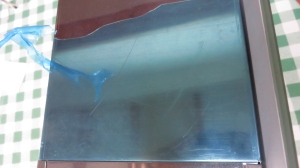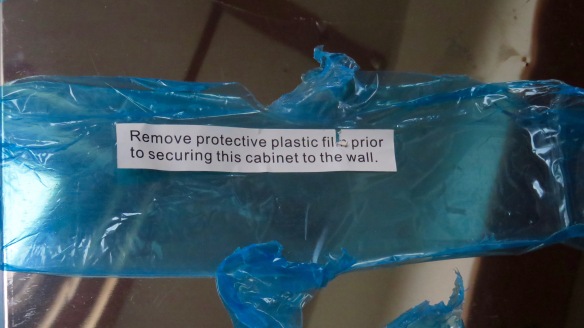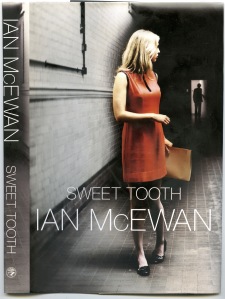
I bought this glass cabinet which Elizabeth uses to show her collection of old glass artefacts, when I lived in Sutherland Place 2008, and passed it on to my sister when I moved in 2009. Not shown in the header picture is the Victorian ceramic cold cream pot, complete with lid. It is mainly this which, every time I see this display takes me back to the days of The Mudlarks. No, not the pop vocal group of the 50s and 60s. Us. The early 1980s were our mudlarking years. Strictly speaking I think mudlarking is confined to activity on the Thames. Scavengers would, in Victorian times, and probably long before, search at low tide for anything valuable that may have been dropped in the river. Waterside taverns provided rich pickings. When Matthew and Becky were small I would take them off to a site near the river at Kingston. This wasn’t actually on the riverside. It was a patch of land, owned by the Council, which was about to be built on. It covered the site of a Victorian midden, or rubbish dump. We, and some other enthusiasts were given permission to dig here for lost treasure. The only proviso was that we must fill in our hole when we had ransacked it. Except for John, we all found the returning of the soil pretty tough after having dug it all out.
John was a small, wiry, immensely strong Jack Russell of a man who would grab a shovel, get stuck in, and disappear down his hole sending up showers of earth like a terrier down a foxhole. John’s bag would be full of finds while I was still thinking about it. His hole would be filled in before mine had been dug. For a time this was wonderfully exciting family entertainment. We found lots of stone beer bottles and hot water bottles, marked with the names of brewers and manufacturers long since part of history. Most prized by the children were the lozenge-shaped lemonade containers with marbles in their necks. The fizz would force these glass balls to seal the bottles. We did not find many complete ones because Mat and Becky’s Victorian predecessors had already had the marbles. And, of course, we found little ceramic pots like the one not featured in my header picture. Medicine bottles, and Mexican Hair Restorer were often blue. We saw how the shapes of Bovril and ink bottles had changed over the years. Matthew and Becky still have some of those early spoils.
Only on one occasion, early in 1982, did we go mudlarking in the true sense of the word. If you dig a hole on the side of the Thames it is even more imperative to fill it in. Sometimes people avoid this process and allow the action of the tide to do it for them. Then you get a quagmire. As we discovered. When we went hunting below a waterside pub. All we managed to find was a few ox’s jawbones and teeth, and heaps of oyster shells. No gold coins, nor even silver ones. When we decided the tide would soon be coming in we made for the safety of the embankment. Jessica, pregnant with Louisa, went striding off in her billowing Monsoon skirt and green wellies. And disappeared. She was in a quagmire. With great difficulty, I fished her out. I suppose you could say that was our only successful find that day.



